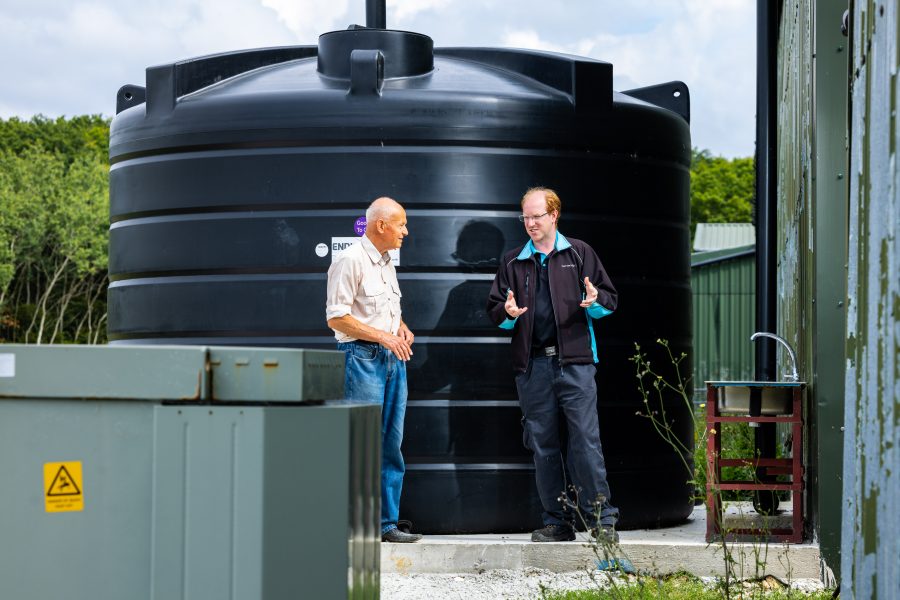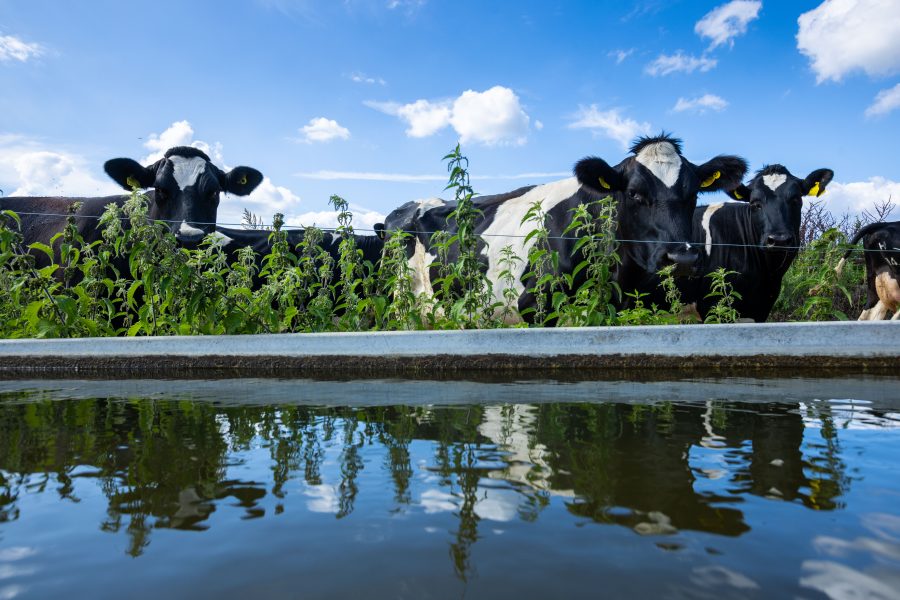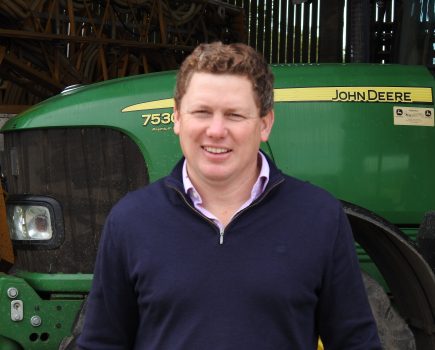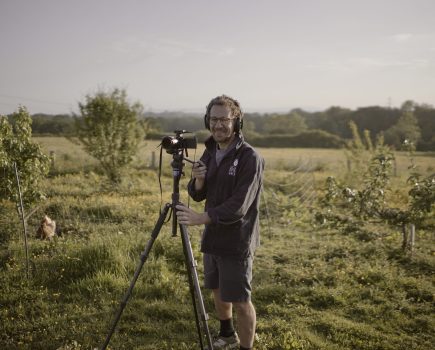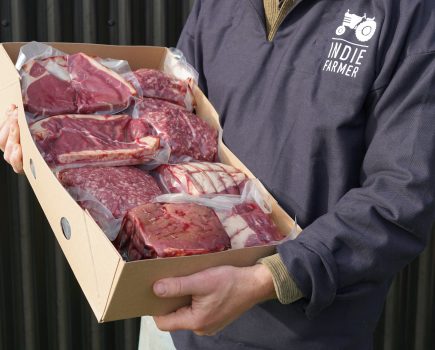Farmers in South East Water’s priority catchment areas can apply for funding and support to help improve their farm’s resilience to future droughts.
During 2022, the south east has experienced some of the hottest and driest months since records began in 1836, and the lowest rainfall since 1911.
Al Stewart, surface water lead at South East Water, explains: “As a result of this, our two reservoirs in Arlington, East Sussex, and Ardingly, West Sussex, are currently 48% and 31% full – compared to 91% and 97% this time last year.
“We’re therefore encouraging households and businesses to do their bit to make sure there’s enough for life’s essentials, such as bathing, hydration, and food production,” he says.
“To help support this, we are working in partnership with farmers in our region to help them increase resilience to future droughts, which are expected to become more frequent in future, with the Met Office predicting that by 2070 summers will be between 1 and 6°C warmer and up to 60% drier.”
South East Water, which supplies more than 520 million litres of water per day to 2.3 million customers, offers free on-farm water audits to help provide farmers with more detailed insight into their current water usage, as well as steps that can be taken to improve their overall water management.
“We also offer up to £10,000 of funding to help with the installation of rainwater harvesting systems,” explains Mr Stewart. “Costs have previously been a barrier to farm businesses fitting this type of equipment, but we’ve seen an increased appetite from farmers, in particular livestock producers, who are looking to create a level of self-sufficiency.”
While a water audit and rainwater harvesting systems can help in the long run, Tom Brassington, ADAS agricultural engineer, provides practical advice on more immediate steps farmers can take to minimise unnecessary water use.
“Keeping milking parlours clean and hygienic by washing down equipment and surfaces at least twice a day is key for dairy farmers. However, there are steps that can be taken to try and reduce water usage during this process.
“For example, physically scraping and brushing away the worst of the dirt before washing down is good practice. Considering whether or not the whole collecting yard needs to be washed down and using a low volume washer instead of a high volume option, could all help,” he explains.
“Wherever possible, try to reduce and recycle water. This could include using water from plate coolers to provide drinking water to the cows, or for cleaning down equipment.”
Mr Brassington reinforces the importance of checking remote areas of the farm for burst water pipes, particularly around joints. “This is an easy measure that can help reduce unnecessary water use but can often go unnoticed as pipes are buried underground.
“Shutting the supply off to valves in areas that aren’t in use and having water meters fitted on each individual supply to help to monitor for leaks can also help.”
Finally, he recommends checking ballcock valves on all drinking troughs to ensure they are working correctly and not overflowing. “Tightening ballcocks a little so troughs don’t fill right up to the top can help avoid cows spilling and wasting water over the rim when drinking.”
Over the coming months, South East Water is looking to run a series of events and workshops to support farmers and landowners in their region. Visit their Eventbrite farm events hub to find out more: https://www.eventbrite.com/cc/supporting-farmers-1095269
For more information visit: https://www.southeastwater.co.uk/farming
